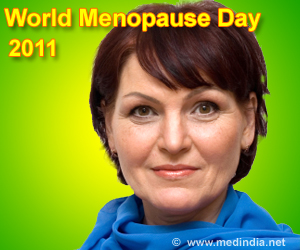The neuronal and cognitive changes that unfold in the middle decades of life are due to the impact or reproductive age and menopausal status.

TOP INSIGHT
Lower 17β-estradiol concentrations are related to more pronounced alterations in hippocampal connectivity and poorer performance on a subsequent memory retrieval task.
Participants performed a verbal encoding task during fMRI scanning.
Reproductive histories and serology evaluations were used to determine menopausal status.
Results revealed a pronounced impact of reproductive stage on task-evoked hippocampal responses, despite minimal difference in chronological age.
Researchers then examined the impact of sex and reproductive stage on functional connectivity across brain regions associated with tasks.
Across women, lower 17β-estradiol concentrations were related to more pronounced alterations in hippocampal connectivity and poorer performance on a subsequent memory retrieval task, strongly implicating sex steroids in the regulation of this circuitry.
Together, these findings underscore the importance of considering reproductive stage, not simply chronological age, to identify neuronal and cognitive changes that unfold in the middle decades of life. In keeping with preclinical studies, these human findings suggest that the decline in ovarian estradiol production during menopause plays a significant role in shaping memory circuitry.
Results demonstrate regional and network-level differences in memory encoding-related activity as a function of women's reproductive stage, independent of chronological age.
These findings suggest that early changes in memory circuitry are evident decades before the age range traditionally targeted by cognitive neuroscience of aging studies.
Source-Medindia
 MEDINDIA
MEDINDIA



 Email
Email










